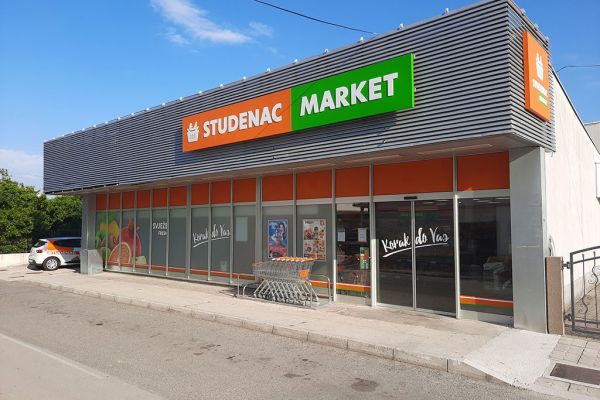With prospects for a post-Brexit trade deal with the EU looking precarious, Britain's retail industry repeated a warning on Friday that shoppers face higher food prices from next year if new tariffs are imposed in the absence of an agreement.
Britain's Brexit transition period ends on Dec. 31. In the absence of a deal, Britain would trade with the European Union on World Trade Organisation terms, meaning new tariffs.
Prime Minister Boris Johnson said on Thursday there was a "strong possibility" Britain would not secure a deal.
"Currently, four-fifths of UK food imports come from the EU and without a tariff-free deal, supermarkets and their customers face over 3 billion pounds ($4 billion) in tariffs from 2021," said Andrew Opie, director of food and sustainability at the British Retail Consortium (BRC).
The BRC said tariffs would force food retailers to raise prices to mitigate the additional costs.
It said many non-food retailers would also face large tariff bills for EU-sourced products, including clothes and ceramics.
Import Tariffs
Under Britain's new tariff schedule, which would apply from Jan. 1 if a deal is not agreed, 85% of foods imported from the EU would be subject to tariffs of more than 5%.
The average tariff would be more than 20%, including 48% on beef mince, 16% on cucumbers and 10% on lettuce.
Tesco, Britain's biggest retailer, has said consumers should expect price increases of between 3% and 5% in the event of no deal.
"I don't quite accept the numbers that Tesco's are putting out," Culture Secretary Oliver Dowden told BBC television.
He said the government had suggested a tariff impact on prices of at most "around 2%".
Seasonal Produce
The BRC also highlighted the challenges January posed for seasonal produce. A much higher proportion of fruit and vegetables is imported from the EU at that time of year. Britain sources 85% of its tomatoes from the EU in January versus 30% in June.
It said retailers had increased stocks of tins, toilet rolls and other longer-life products as part of their planning.
But it warned that ongoing uncertainty surrounding new checks and red tape from Jan. 1 meant disruption in the supply of many goods.
News by Reuters, edited by ESM. Click subscribe to sign up to ESM: European Supermarket Magazine.














